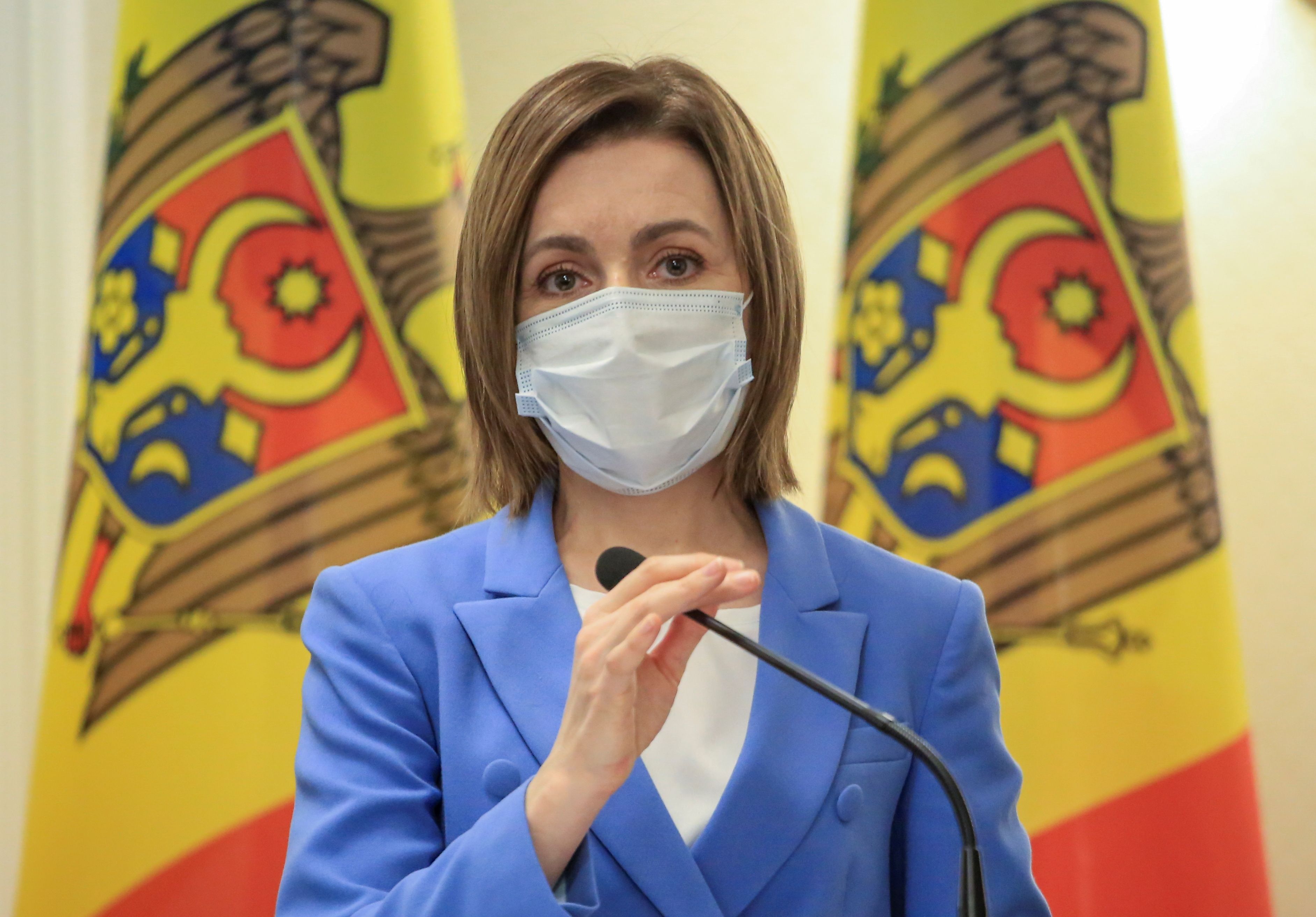President of Moldova Dissolves Parliament and Calls Early Elections

Why was President Sandu pushing for new elections?
Postulates to fight systemic corruption and the oligarchy gave Sandu the victory against Dodon in November 2020. As president, she intended to dissolve parliament as soon as possible and call early elections because her office’s lack of prerogative prevented her from implementing reforms without the support of a parliamentary majority, which is held by an informal coalition of PSRM and the “For Moldova” bloc created by the Şor Party and some deputies from the disintegrated Democratic Party. Fear of the reforms planned by Sandu prompted cooperation between Dodon and oligarchs who are usually hostile to him and in exile, the patrons of the “For Moldova” bloc, Vladimir Plahotniuc and Ilan Şor. The bills voted by the informal coalition were aimed at limiting the president’s powers and making her responsible for the deteriorating economic situation in Moldova.
What was the role of the Constitutional Court in the disputes between Sandu and the coalition?
Since December 2020, after the resignation of the Ion Chicu government, power was exercised by a temporary cabinet also controlled by the PSRM. The president used the constitutional possibility to dissolve parliament after two unsuccessful attempts to appoint a new prime minister. She intentionally did not nominate any candidates from the coalition and instead put forward her own nominees, expecting them to be refused by parliament. On 15 April, the Constitutional Court confirmed that the prerequisites for the dissolution of parliament had been met, but the state of emergency which lasted until 30 May prevented it. It had been introduced in March by the coalition under the pretext of fighting COVID-19 to prevent the chamber from being dissolved. Ultimately, the court, in examining the complaint by the Action and Solidarity Party (PAS), found that the state of emergency had been declared contrary to proper procedures. The coalition then attempted to take control of the Court by adopting a resolution “on the usurpation of power” by the judges and trying to unlawfully dismiss the court’s president.
What is the political mood in Moldova ahead of the early elections?
The president’s election and her fight against the coalition have translated into support for the pro-Sandu PAS. According to an iData poll from April, the party would have won elections with 41% of the vote. another poll found that the PSRM would receive 34% and the Şor Party 9%, while the former PAS coalition partner, the pro-Western Political Platform Dignity and Truth, and the extra-parliamentary, anti-system Our Party, led by the mayor of Bălţi, Renato Ustatîi, who is in conflict with Dodon, are at the verge of the 5% election threshold. PSRM support has dropped: by the end of 2020 it was at 50%, also due to its ineffectiveness in the fight against COVID-19 and providing vaccines (the only source of which was the WHO programme and donations obtained by Sandu from Romania and the EU). Vaccines from Russia and China were announced by Dodon but did not start arriving until the end of April. As a result, only 147,000 people have been vaccinated in Moldova so far, which is about 5% of the population.
How might the new elections affect Moldova’s relations with the EU?
Sandu’s pro-reform efforts are unequivocally supported by EU institutions, not only because of her pro-Western orientation but also because of the generally negative assessments of the Dodon and PSRM governments, which carried out only minimal reforms so as not to lose EU macro-financial assistance. The likely takeover of power after early elections by the PAS government offers an opportunity for structural changes in Moldova, in particular reform of the judiciary to make it more effective in the fight against corruption. Sandu will still seek expert and financial support from Moldova’s EU partners, but will continue to avoid declarations about the country’s international orientation to spoil Dodon and PSRM’s attempts to polarise society. Their propaganda insinuates that Sandu and the PAS, in bringing Moldova closer to the EU, really want to join NATO at the same time and sever all ties with Russia, which the Moldovan public does not want.


